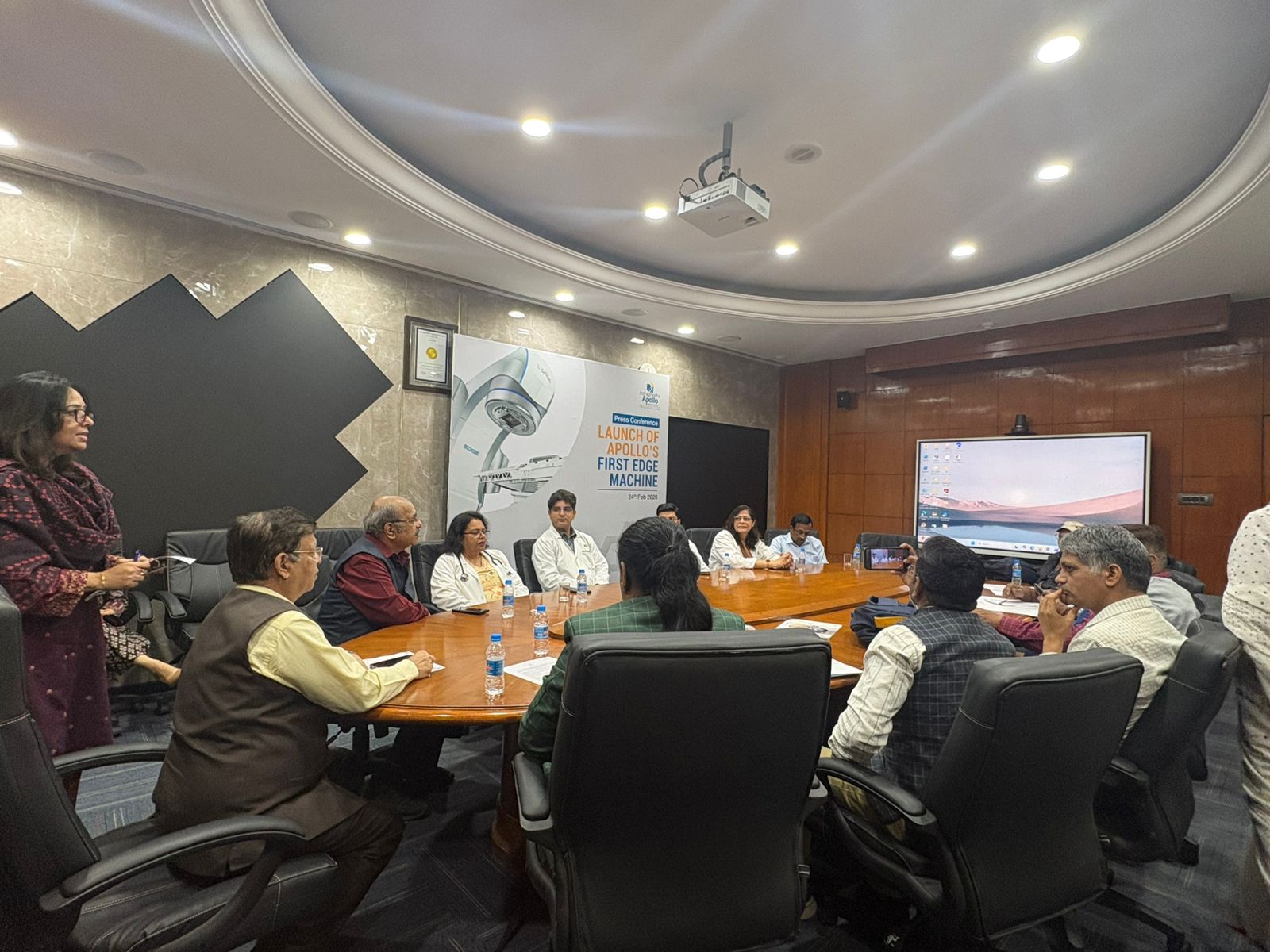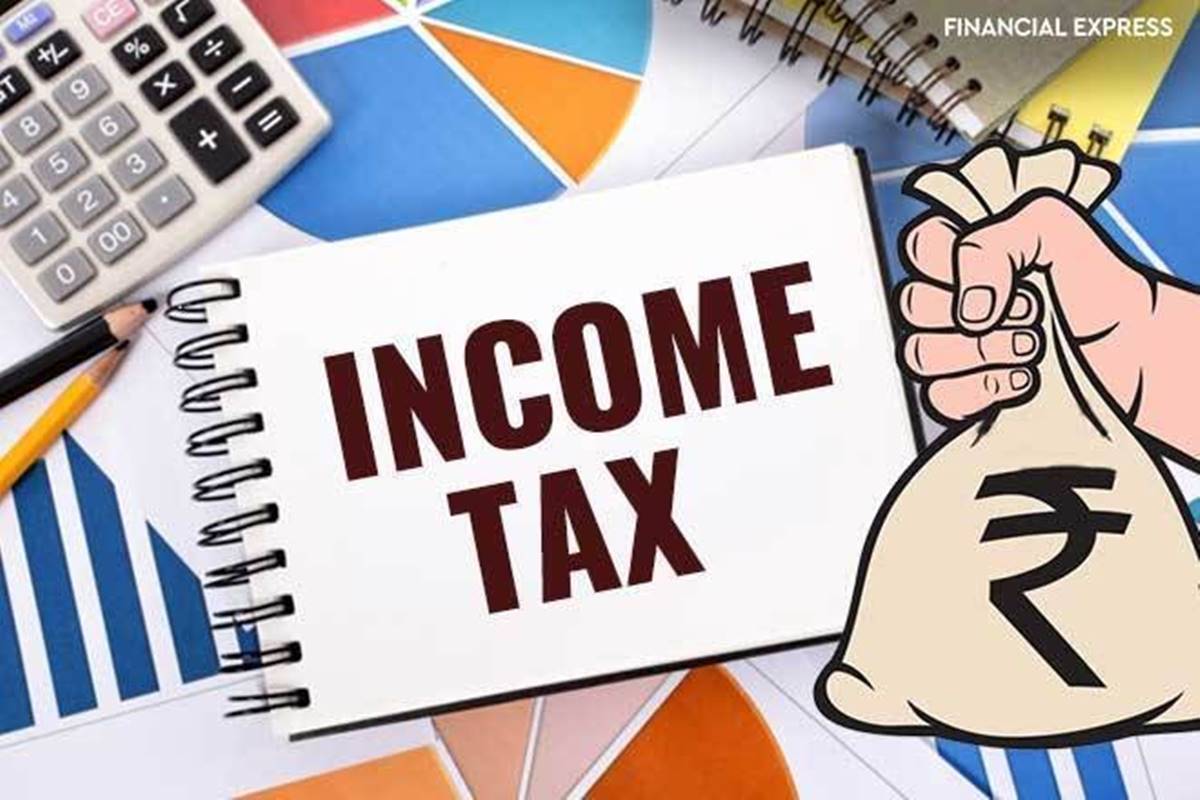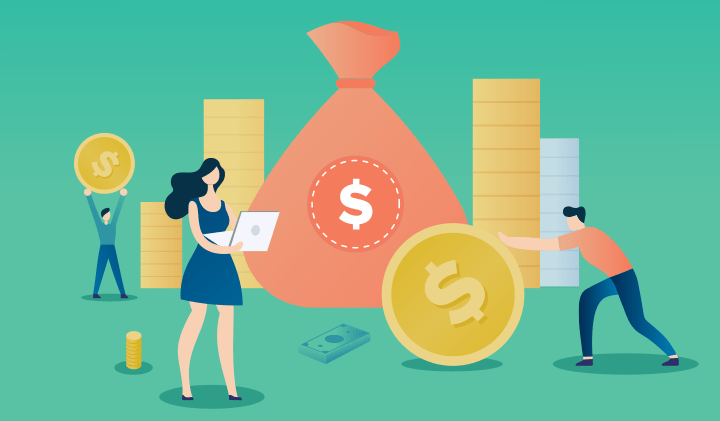For Bangladeshis, especially young adults who have just started their careers, taxation’s intricacies are a mystery. But income tax in Bangladesh isn’t that complicated.
Bangladesh’s government regularly changes its tax policies, and the Finance Act 2022 has seen major changes, so you can forgive yourself for staying up to date.
This article seeks to inform residents and non-residents of Bangladesh about some of the rules and regulations of income tax, including the income tax rate in Bangladesh. So read on if you want to learn more.
Table of Contents
What is income tax?
Income tax is a type of tax that governments impose on the income of people and businesses within their boundaries. According to the law, taxpayers must file an annual income tax return to determine their tax obligations.
There are two types of income tax, personal income tax, and business income tax.
Personal income tax levies an individual’s income from salaries, rent, and other payment types.
Business income taxes are for corporations, conglomerates, partnerships, small businesses, and self-employed people.
Why is income tax important?
Tax is the government’s main form of income, and income tax is one of the largest contributors to a government’s tax revenue. Governments use taxes to foster economic growth and fund social programs and public investments.
Also, governments use the money earned from taxes to provide healthcare, education, infrastructure, and other public-oriented services. This is done to fulfill the ultimate goals of all societies: to have a healthy, prosperous, and orderly society.
When are tax returns due in Bangladesh?
In Bangladesh, tax returns are due to be submitted by 30th November every year and the tax period that the tax return takes into consideration is the income earned between the dates 1st July to 30th June.
What are the requirements for tax returns in Bangladesh?
After 30th June and before 30th November of every year, every resident and non-resident of Bangladesh must submit an income tax return for the income earned between 1st July to 30th June.
However, the requirements for tax returns in Bangladesh differ for residents and non-residents in Bangladesh.
Residents
Residents in Bangladesh need to file their tax returns if their total income within the tax period exceeds BDT 250,000 in general and BDT 300,000 for women and persons aged 65 and above.
Before submitting income, tax returns assignees must have obtained an e-TIN or electronic tax identification number.
Non-residents
Regarding non-residents (excluding non-resident Bangladeshis), the requirements are the same as that of residents. But in addition, non-resident foreigners have to obtain a work permit and a security clearance certificate from SB and NSI. However, a work permit will not be required if the assignee arrives in the country on an A3 or E1 visa.
Non-residents are taxed at a flat rate of 30% for all the income they have generated in the tax year but are exempt if they are here for diplomatic purposes and working for a few exempted INGOs. Also, they shall be exempt if the non-resident spent less than 182 days.
What is the income tax rate in Bangladesh?
Bangladesh has a progressive taxation method which means that the rate at which you have to pay income tax depends on your income level. Lower-income individuals need to pay a lower percentage, which progressively increases.
Minimum tax threshold
There is a minimum tax threshold, though, but that also depends on a few things:
- For the general population, the minimum taxable income is BDT 300,000
- For women, third-gender persons, and persons aged 65 and older, the minimum is BDT 350,000
- For persons with disability, the minimum is BDT 450,000
- For gazette war-wounded freedom fighters, the minimum is BDT 475,000
Additionally, if anyone is a parent or legal guardian of a disabled child, their minimum taxable threshold will be BDT 50,000 more for each disabled child than their normal level. Only one parent can get this benefit if the child’s parents are taxpayers.
Tax Rate
Below is a table that outlines the tax rate of individuals according to their annual income:
| Income Bracket | Tax rates |
| First income tax bracket up to BDT 300,000 | 0% |
| Next BDT 100,000 | 5% |
| Next BDT 300,000 | 10% |
| Next BDT 400,000 | 15% |
| Next BDT 500,000 | 20% |
| Any amount over BDT 500,00 | 25% |
As the table illustrates, Bangladesh’s tax rate is designed to be progressive, meaning the tax burden for lower-income individuals is lower and higher for higher-income individuals.
What is the penalty for not submitting an income return?
In Bangladesh, if a taxpayer fails to submit income tax returns within the due time, there will be a penalty of 10 percent of the last tax amount paid (minimum BDT 1,000). If the taxpayer continues to default on their payment, they will have to pay a further BDT 50 per day for every day they fail to pay their income tax.
However, penalties will not exceed BDT 5,000 for individuals who were not taxpayers previously and defaulted. And also, it cannot exceed 50% of a taxpayer’s previously paid tax.
Conclusion
Income tax in Bangladesh has been very difficult for the government to manage previously as they had difficulties properly assessing individuals’ income.
But nowadays, due to good policies that guide banks and financial institutions and more robust investigative methods employed by the National Bureau of Revenue, income tax has become one of the largest sources of government revenue.
The government has made some popular policy changes with a progressive income tax, which has helped create a more equitable tax burden for the population.
Also read about Stimulus check 4 expected date












